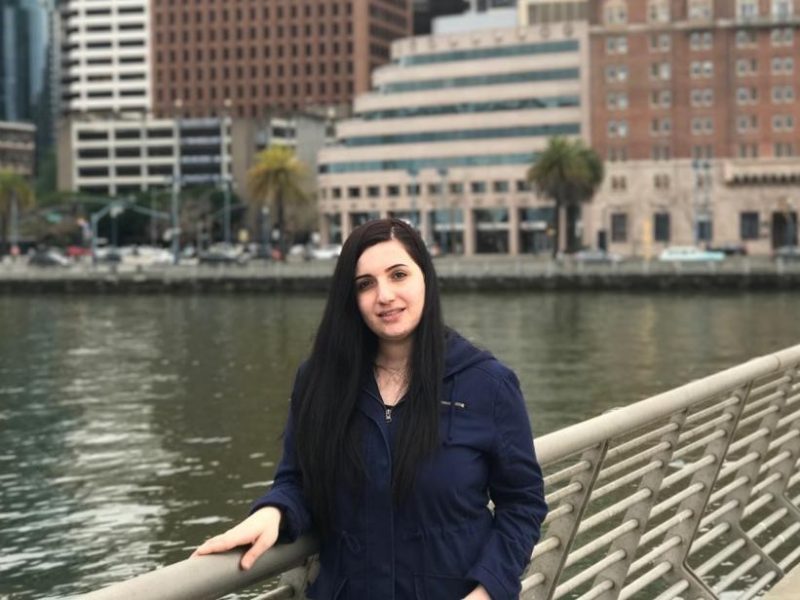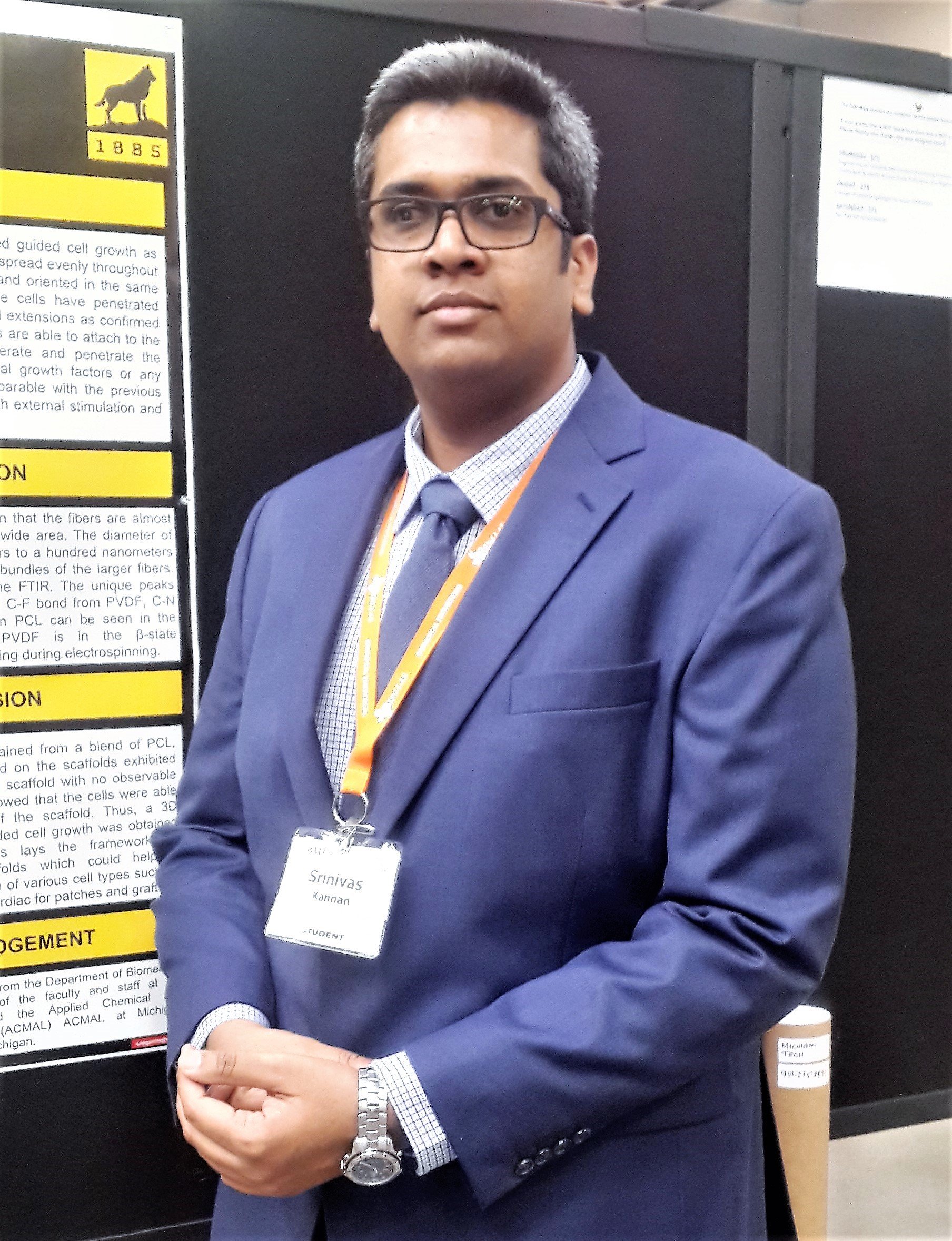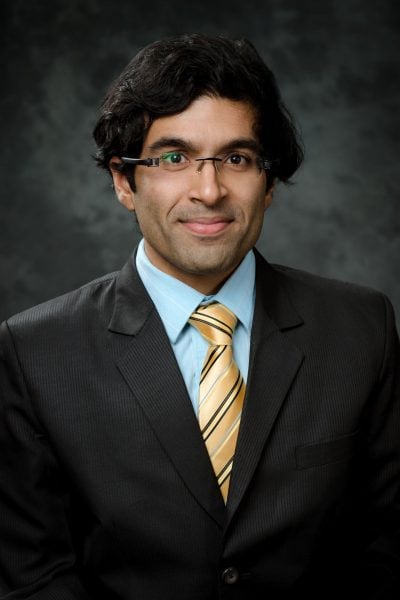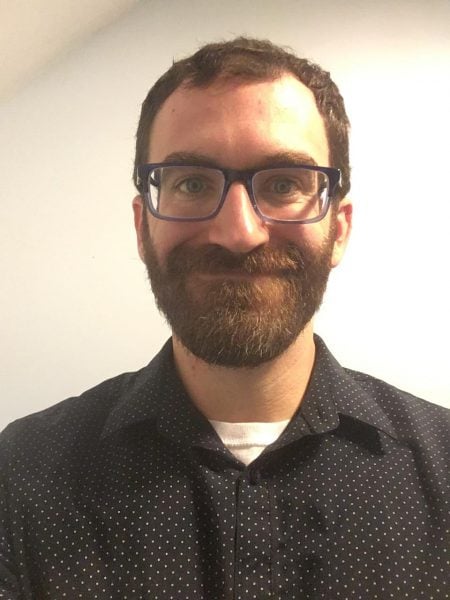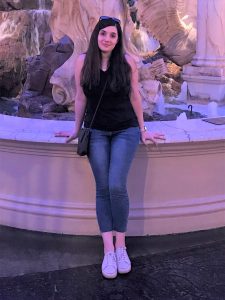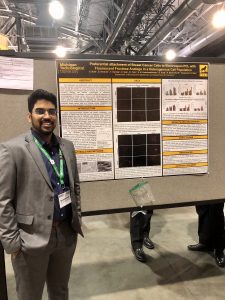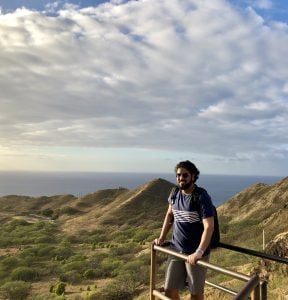The Graduate School is offering support services to assist graduate students in applying for the National Science Foundation’s Graduate Research Fellowship Program, including workshops and one-on-one writing support. Fellowship recipients earn an annual stipend of $34,000. To be eligible, applicants must be a U.S. citizen, national, or permanent resident, have never previously applied to GRFP while enrolled in a graduate degree program, have never earned a master’s or professional degree in any field, or completed more than one academic year in a graduate degree-granting program. Applications are due October 18th – 22nd. See https://www.nsfgrfp.org/ for full benefits and eligibility details.
Workshop 1: Overview and tips from a former NSF program manager and reviewer
Date and Time: Friday, September 3rd, from 9:00 AM to 10:30 AM
Presenter: Dr. Pushpalatha Murthy, former NSF program manager
Co-hosts: Dr. Debra Charlesworth, former NSF GRFP reviewer, and Sarah Isaacson, NSF GRFP Support Coordinator
Zoom meeting link: Please make sure to sign in with your MTU account before joining the meeting to be admitted.
Join from PC, Mac, Linux, iOS or Android: https://michigantech.zoom.us/j/83018958000
Workshop 2: Crafting your statements: Content and organization
Date and Time: Friday, September 10th, from 10:00 AM to 11:30 AM
Presenter: Sarah Isaacson, NSF GRFP Support Coordinator
Zoom meeting link: Please make sure to sign in with your MTU account before joining the meeting to be admitted.
Join from PC, Mac, Linux, iOS or Android: https://michigantech.zoom.us/j/82410509516
Personalized writing support:
Applicants will receive support via an NSF GRFP Canvas course as well as individualized writing support on application drafts from qualified staff members.
See https://www.nsfgrfp.org/ for more details. Questions? Contact Sarah Isaacson, NSF GRFP Support Coordinator: sisaacso@mtu.edu
